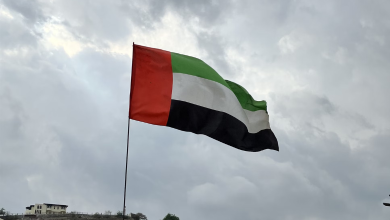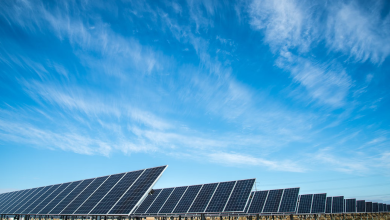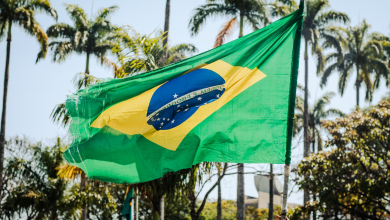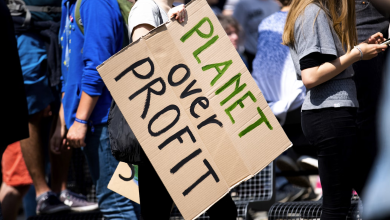Global Water Crisis: Earth’s Hydrologic Cycle Off Balance for First Time in Human History
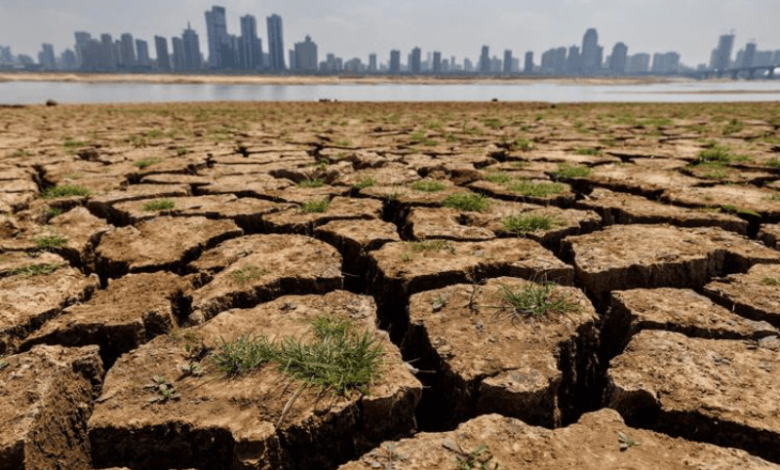
New research revealed by the Global Commission on the Economics of Water shows that humanity has perturbed the Earth’s water cycle as never before. This has resulted from exploitative and destructive land use, water management and climate change over the last several decades leading to a growing water disaster. The crisis is an imminent danger to economies, the production of food and lives globally. 2.7 billion people are already affected by water stress; water losses of up to 15% of GDP by 2050 could affect low-income countries. Scholars argue that much work needs to be done to help remedy this unparalleled pressure on the world’s water supplies.
The hydrological cycle, a process of water circulation in the surface of the Earth, is unprecedentedly challenged. There are two types of water in the report, the blue water which is the water in the lakes, rivers and aquifers and the green water which is in the soils and plants. In this study, the authors highlighted an often neglected source of water called green water for the generation of rainfall over the land. Other human actions such as deforestation and wetland loss are reducing the available carbon stores and exacerbating the world’s warming and water scarcity.
Climate change makes the problem worse because it affects rainfall distribution and intensifies other extreme measures. Opposite to the UN water requirements per person per day for basic needs amounting to twenty-five liters per day, the report finds out that a dignified amount of water is 4,000 liters per day. This demand cannot be met by most of the regions within countries let alone within regions, thereby making the issue of water scarcity important globally.
The water crisis requires improved natural resource management and severe cuts in greenhouse gas emissions, specialists claim. According to the report, it is suggested to acknowledge the water cycle as what might be referred to as a ‘global public domain’, meaning that society should work on solving the problems of the water cycle on an international level. This approach also accepts the cross-state and cross-national systems of water resources such as even atmospheric water that can be far away.
The authors call for a radical change of perception of water as an economic good. This entails the adoption of superior mechanisms of pricing to deter people from excessive use of water and the adoption of better mechanisms for placing water consuming crops and installations in water scarce areas. Ngozi Okonjo-Iweala, WTO Director-General, and the co-chair of the commission said that it is critical to price water adequately in order to appreciate the scarcity of water and the many uses it has in the society and the environment.
 Out now: The
Out now: The 